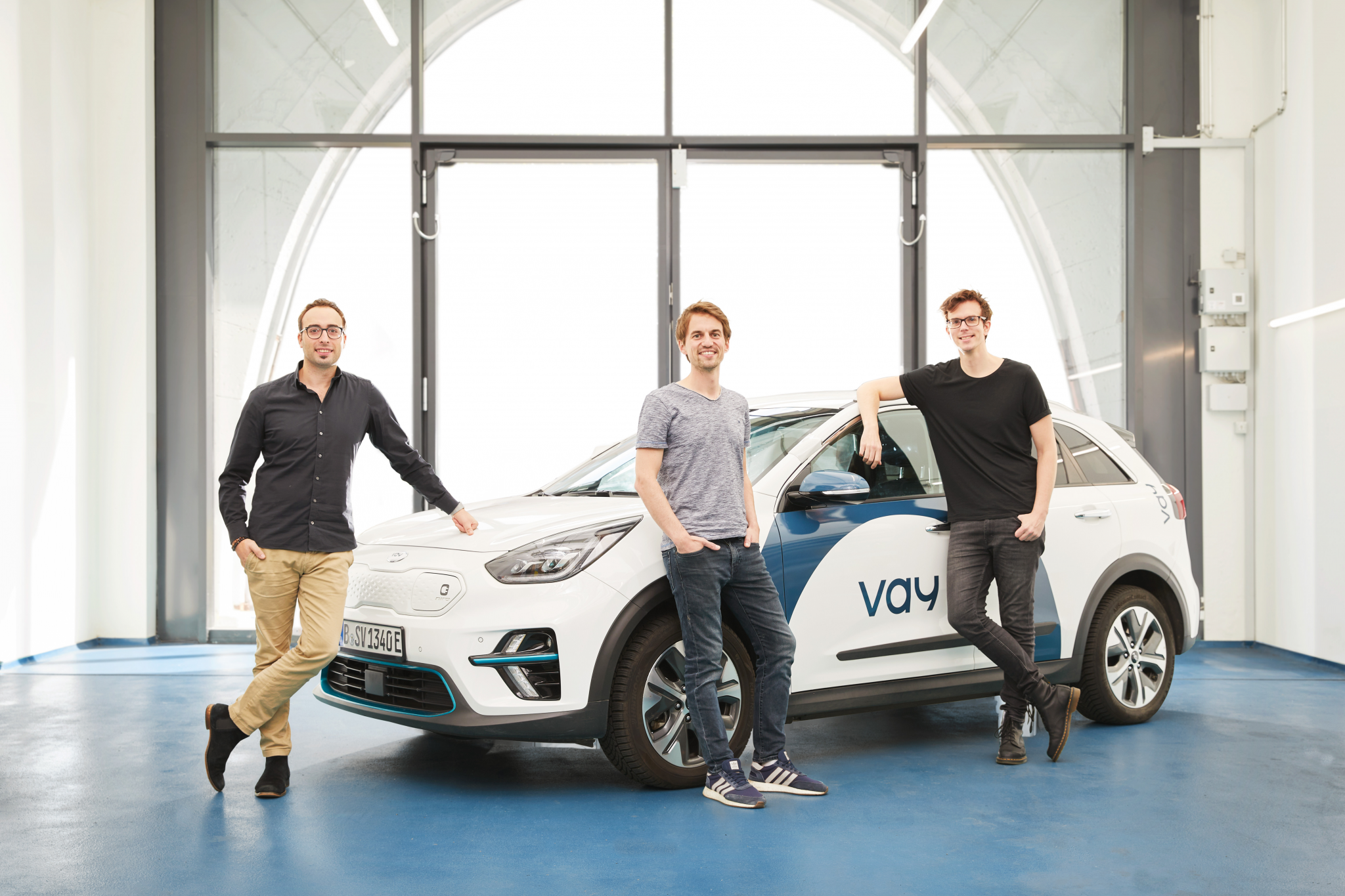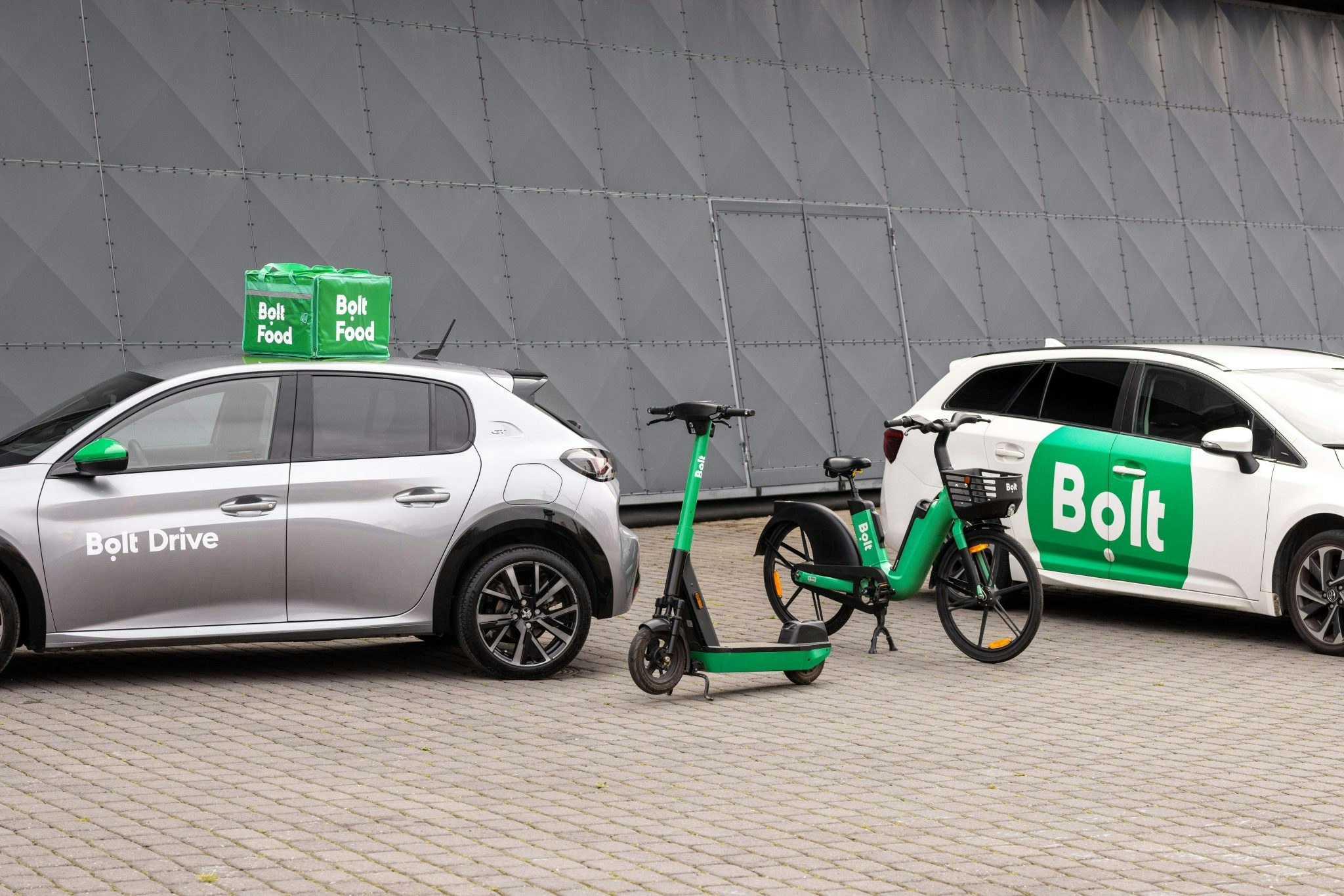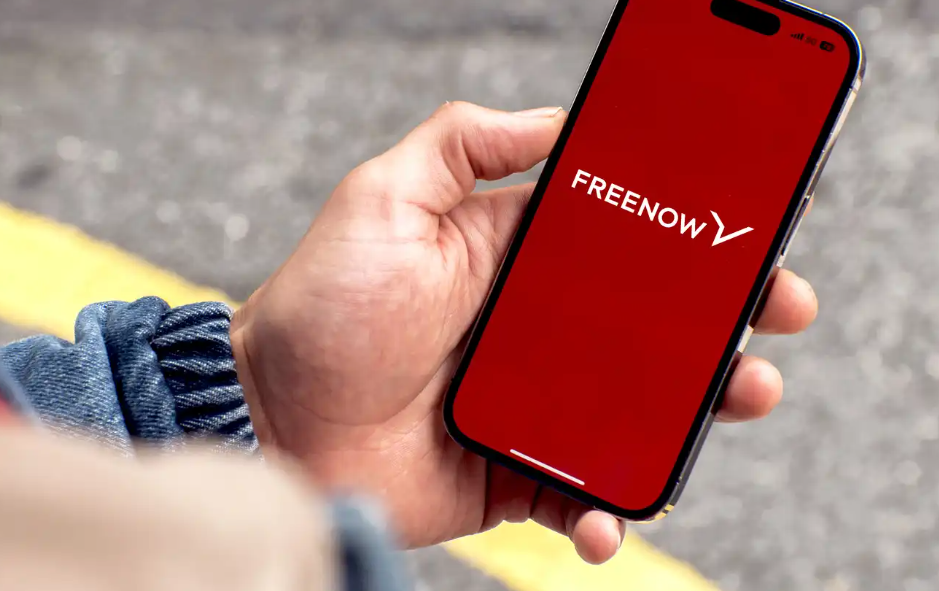Manuel Valls is no stranger to battling with the taxi lobby. The former French prime minister spent years at the centre of a fight between ride-hailing apps such as Uber and existing taxis furious at what they see as unfair competition.
Today, he is gearing up for a fight all over again as he makes loosening restrictions on the ride-hailing companies a central part of his campaign to take the powerful position as mayor of Barcelona at the end of May.
From his hectic campaign headquarters in the centre of the city, where he is trying to unseat his long-time incumbent mayor Ada Colau, the political heavyweight says that the current city rules making life difficult for Uber, Cabify and others are “absurd”.
“We are trying to create the city of tomorrow, a smart city, a connected city and develop our tech ecosystem,” he tells Sifted in an interview snatched between a campaign meeting and lunch with a German business delegation.
“But at the same time, we are sending this terrible signal by effectively expelling the VTC [ride-hailing] companies… If I am mayor I will find an accord so that the VTCs like Uber can come back to the city.”
The promise to make life easier for the VTCs, which stands for Vehículos de Turismo con Conductor and is technically the licence under which Cabify and Uber operate, is in stark contrast to the current administration, which in January bowed to the demands of striking taxi drivers by legislating to force a 15-minute delay to any pickup. This rule strikes at the heart of one of the major commercial advantages of ride-hailing apps: speed.
Uber and Cabify suspended operations in the city following the ruling, although Cabify (a Spanish startup, headquartered in Madrid) has since made a return with a new structure that allows it to partly get round the rules.
But still, the future is uncertain for the ride-hailing companies, and the comments by Valls show how the candidate is trying to cast himself as a pro-technology and pro-innovation candidate at a crucial time for the Barcelona tech ecosystem.
The startup scene in Barcelona has, in the past few years, picked up an enormous amount of steam with successful startups such as business travel bookings platform TravelPerk, survey startup Typeform, fashion network 21 Buttons and delivery company Glovo. Maxi Mobility, the parent company of Cabify, which is from Barcelona, last year raised $160m from investors giving it a valuation of $1.4bn. Classified advertising app LetGo, which was started in Barcelona, is also worth more than $1bn on paper.
At the same time, Barcelona, thanks in part to the guidance of the city’s chief technology officer Francesca Bria, has become a leading example of how to develop a “smart city” while giving the people control over their data.
Barcelona Valley
Valls says that taxis are a tiny fraction of the city’s transport, but nevertheless, how a city treats ride-hailing apps sends a strong signal about its approach to technology, and so is important to attracting foreign talent and money.
Striking a better deal to let the ride-hailing apps operate is therefore part of a wider programme of pushing Barcelona to be the centre of tech and innovation in the south of Europe.
“All the cities in Europe want to be the new Silicon Valley, a town of new technology, a smart city… because there is no other choice. There is no other path for a city today,” he says.
He says that Barcelona has a lot going for it — entrepreneurial mindset, good weather, the beach — but that it could go further, pushing itself particularly as a centre of research and innovation in the area of mobility.
There is already the CARNET project, which is researching “future mobility” projects backed by Volkswagen, Seat and the Universitat Politècnica de Catalunya as well as a big Seat research centre just outside Barcelona.
“We want to put a lot of focus on the future of mobility,” he says, adding that building more housing and attracting big companies to Barcelona is also on his agenda.
Valls’ journey
Valls was born in Barcelona, but he grew up in France. His father, a prize-winning artist, fled the dictatorship of Francisco Franco in the 1940s and Valls was born in Spain while his parents were on holiday.
The 57-year-old spent the bulk of his career climbing the ranks of the French Socialist party, becoming one of its top figures as interior minister and then prime minister from 2014 to 2016.
But the party was in 2017 decimated by the rise of President Emmanuel Macron’s centrist En Marche party, with the Socialist candidate winning just 6% of the national vote (people on Twitter joked at the time that they had drunk beers of a higher percentage).
With his party struggling to rebuild itself, Valls has come to Barcelona in a bid to take on a powerful role in one of Europe’s great cities.
But can he win?
Valls faces an uphill struggle. The central issue in the election is not Uber, but the toxic debate over the region’s independence from Spain, with Valls firmly in the camp of those who do not want to break away.
This has earned him supporters, but also many opponents, and in recent years the independence-sympathisers have been winning power more than their opponents.
But if he does win in May, it could be good news for the ride-hailing companies and, he hopes, send a positive signal for the wider tech ecosystem.
Juan de Antonia, the founder of Cabify, tells Sifted that he supports any candidate looking to allow the ride-hailing apps to operate alongside taxis and other forms of shared mobility.
“We need solutions for the long term that are inclusive and sustainable. Taxis and VTC will be an integral part, as well as other modes of shared transportation… That’s the future we are looking forward to building together.”
Others have complained about the restrictive taxi rules in the city, particularly a few weeks ago during the Mobile World Congress tech event.
Alex García-Ingrisano, a partner at alternative asset funds over at Yara Capital, was one of the many who complained on Twitter at the time: "At MWC in Barcelona, a city that has basically gotten rid of Uber and Cabify — the successful Spanish equivalent — in favour of taxis. Embracing tech much?"



